My favorite headphones of CES 2024 can read your brain waves and help you focus better — you’ve got to see this
This could be a game changer
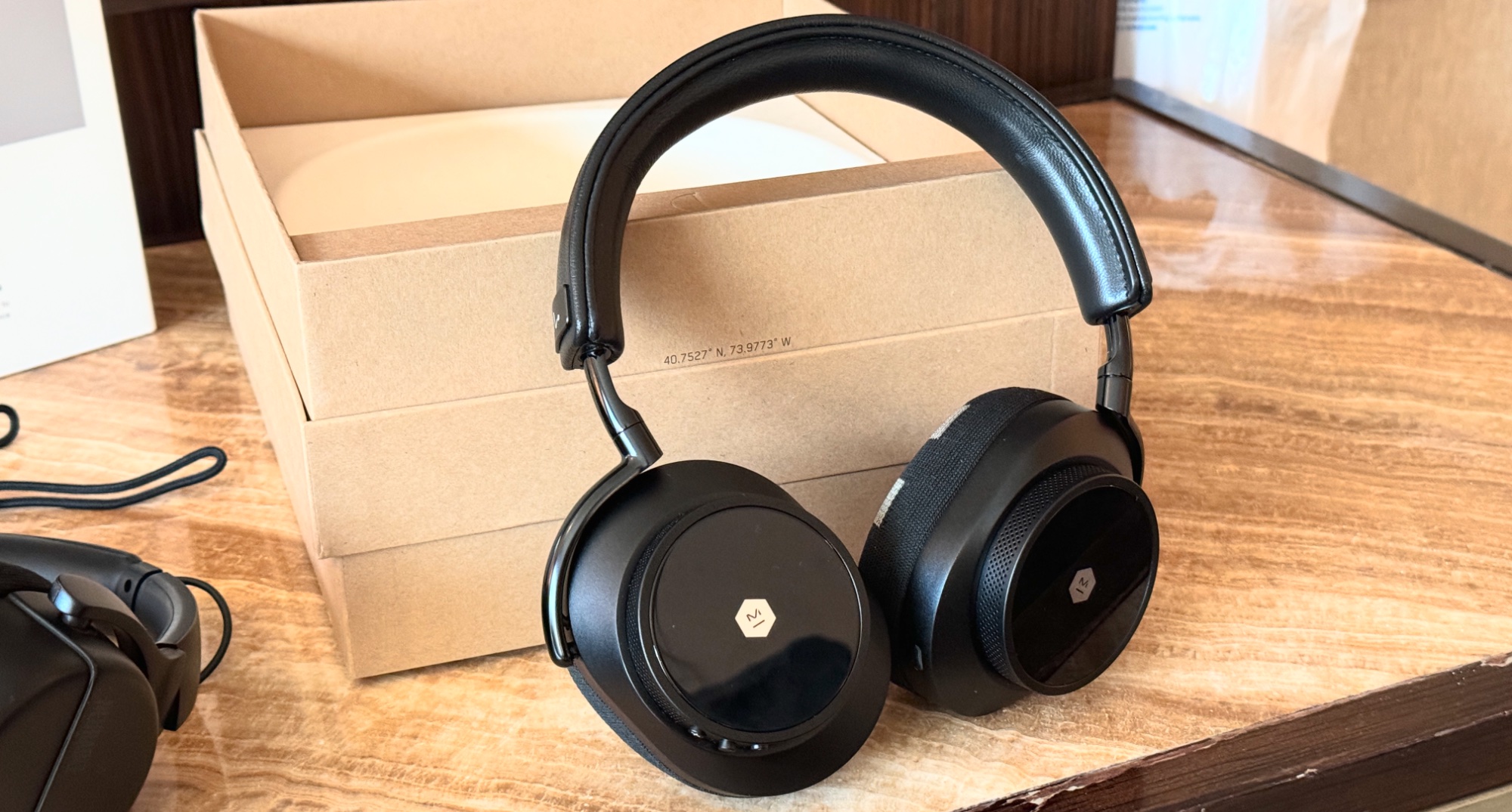
I had to admit I was both skeptical and mildly freaked out when I found out I was going to get a chance to test out Neurable's brain-sensing tech stuffed inside headphones here at CES 2024. But now that I've tried it I think it could be a game changer.
Neurable has partnered with audiophile brand Master & Dynamics to release the MW75-Neuro, which will be coming to market before the end of March for $649. That may be pricier than the AirPods Max and most of the best headphones we typically test, the MW75-Neuro combines better sound with something no one else has done before.
@tomsguide ♬ NANANA COLA IAN ASHER EDIT Out Now On SoundCloud - Ian Asher
I demoed a prototype pair of headphones using Neurable's brain-computer interface, which leverages neural sensors to measure brainwaves. As I started reading a series of numbers popping up on a laptop screen, I could see my focus level start to spike. The same thing happened when I read a web article on my iPhone.
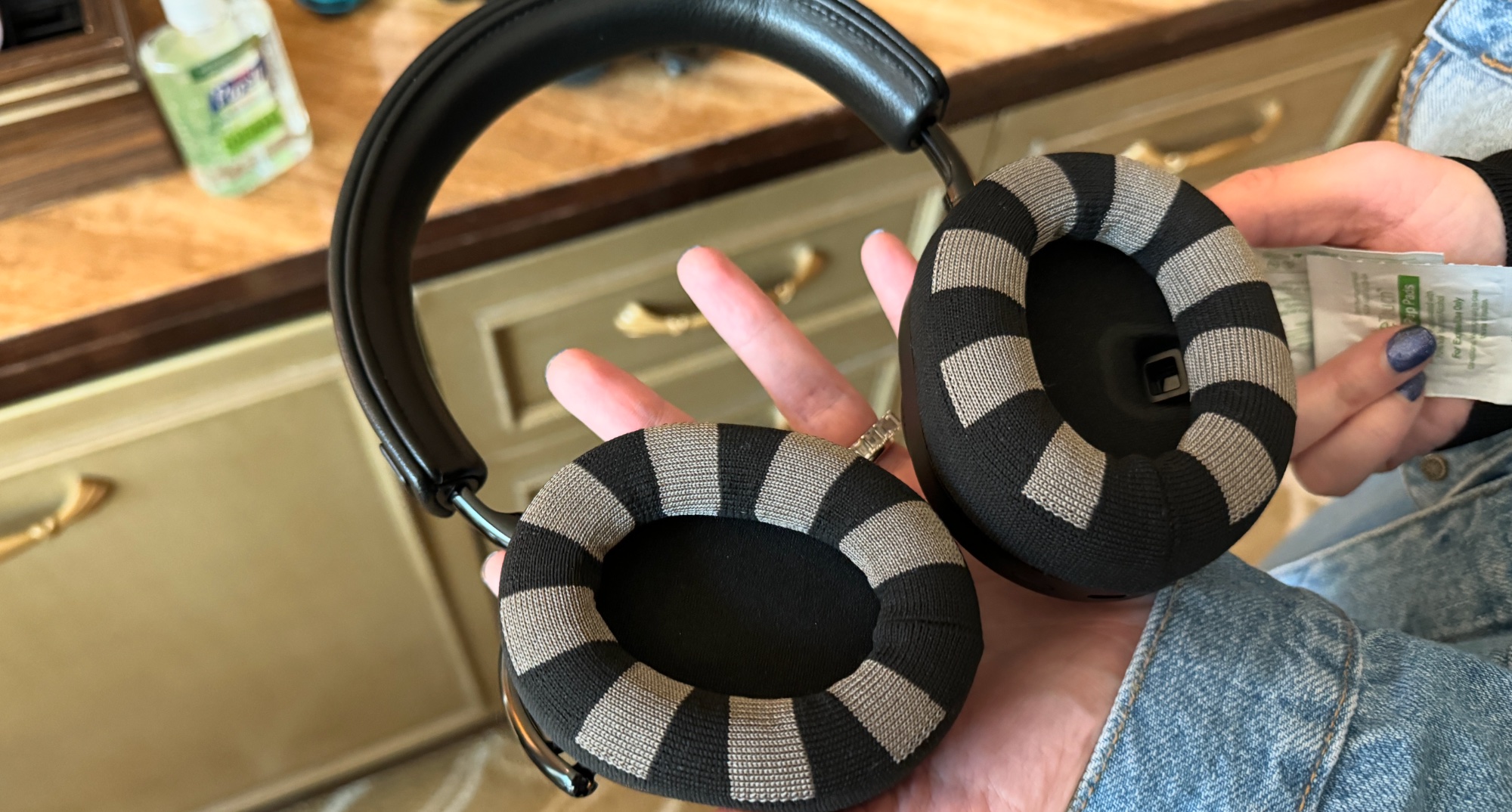
That's nice, but what's all this for? Using a companion app, the MW75-Neuro will help you determine your level of focus , as well as recognize signs of stress and tell you when to take breaks.
You might think you know when you need to take breaks, but studies show that by the time your body tells you you should stop working for a bit you're likely already making more errors and have lost focus. I spoke with Dr. Ramses Alcaide, Neurable CEO and co-founder, and he shared that those who take breaks are not only 20% less stressed at the end of the day but 50% happier.
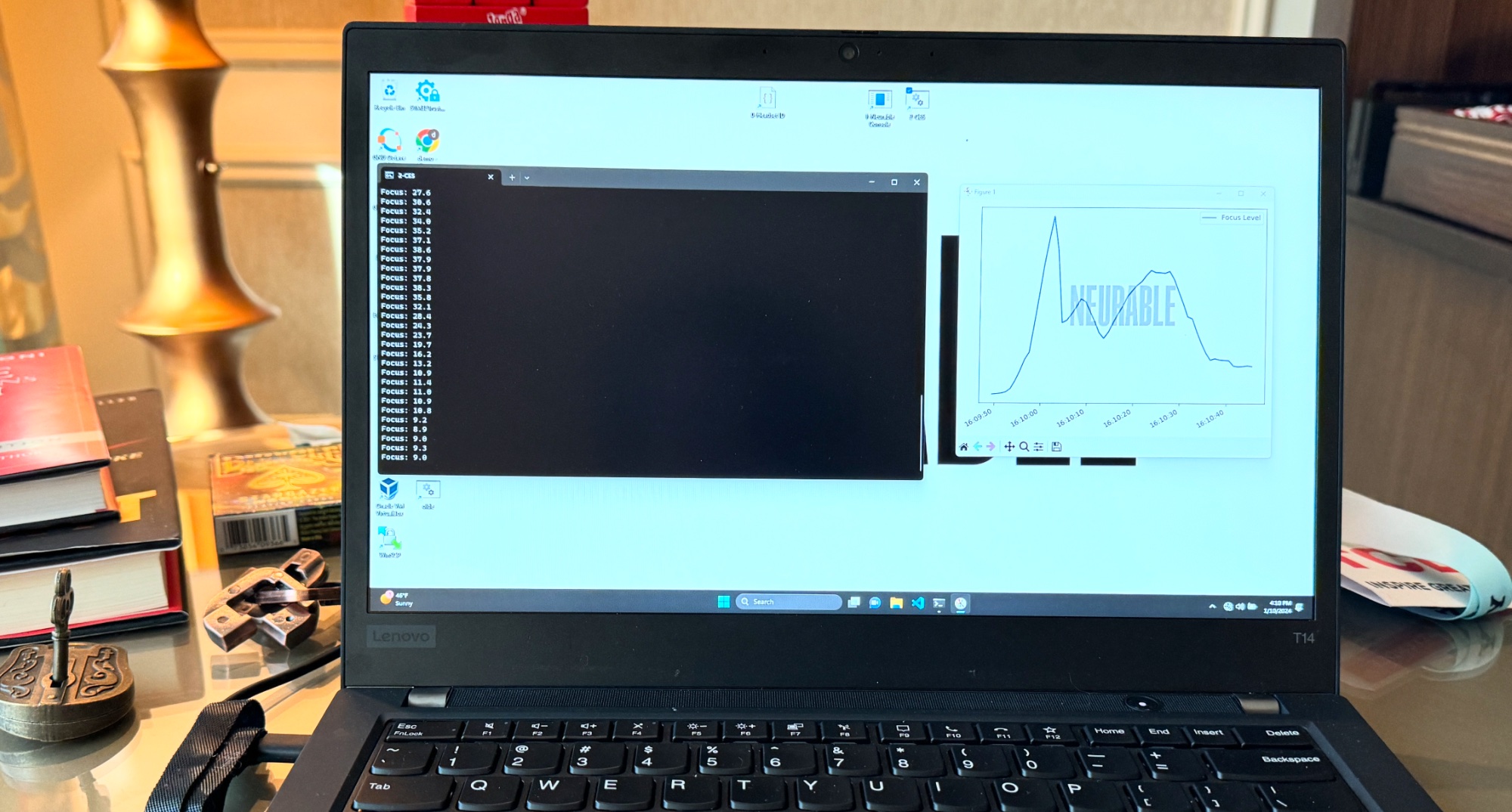
So wearing the MW75-Neuro could really help prevent the workaholics among us (myself included) from feeling burnt out at the end of the day. But that's actually just the start of what Neurable-powered headphones could do.
Imagine how much smarter and responsive Siri and Google Assistant could be if they could nearly read your thoughts.
Dr. Alcaide showed me a test video where a subject just mouthed the words they were thinking while listening to music, such as "skip track" or "pause music" and the actions were triggered by the headphones. Imagine how much smarter and responsive Siri and Google Assistant could be if they could nearly read your thoughts. And that's exactly what could happen as Neurable and its partners gather more data from users (which will be opt-in, of course).
Sign up to get the BEST of Tom's Guide direct to your inbox.
Get instant access to breaking news, the hottest reviews, great deals and helpful tips.
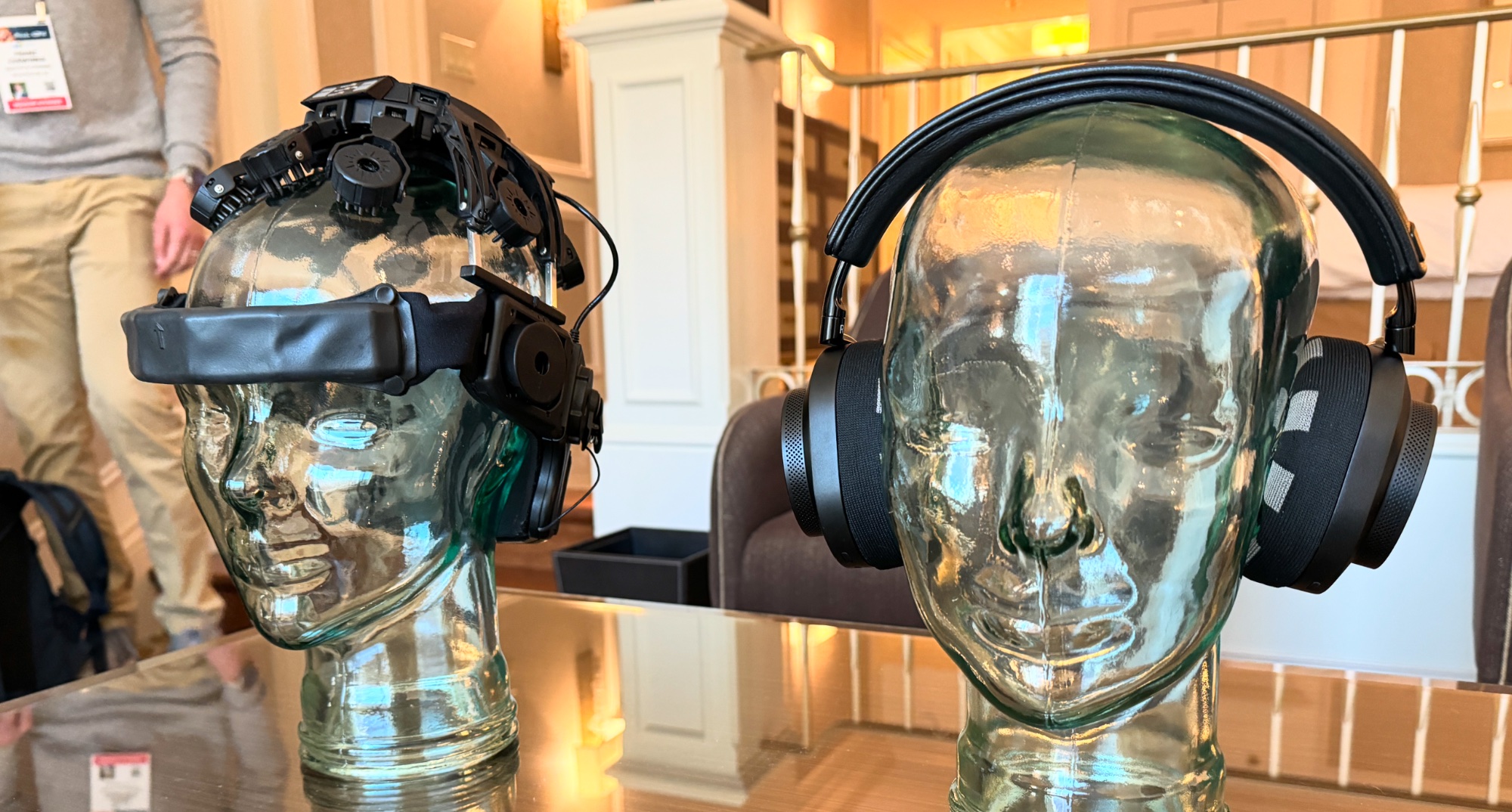
This tech could also make it easier to quickly listen in on what the flight attendant might be saying on your flight and then switch back to your music, as your headphones would know what you're focusing on. The AI could also be smart enough to customize equalizers for those with hearing loss.
Compared to the massive and scary looking headsets stuffed with electrodes that costs thousands of dollars used by the military, universities and other groups, Neurable says its system maintains about 90% of the signal quality. And that's pretty impressive for a pair of headphones that didn't feel bulky at all while I was wearing them.
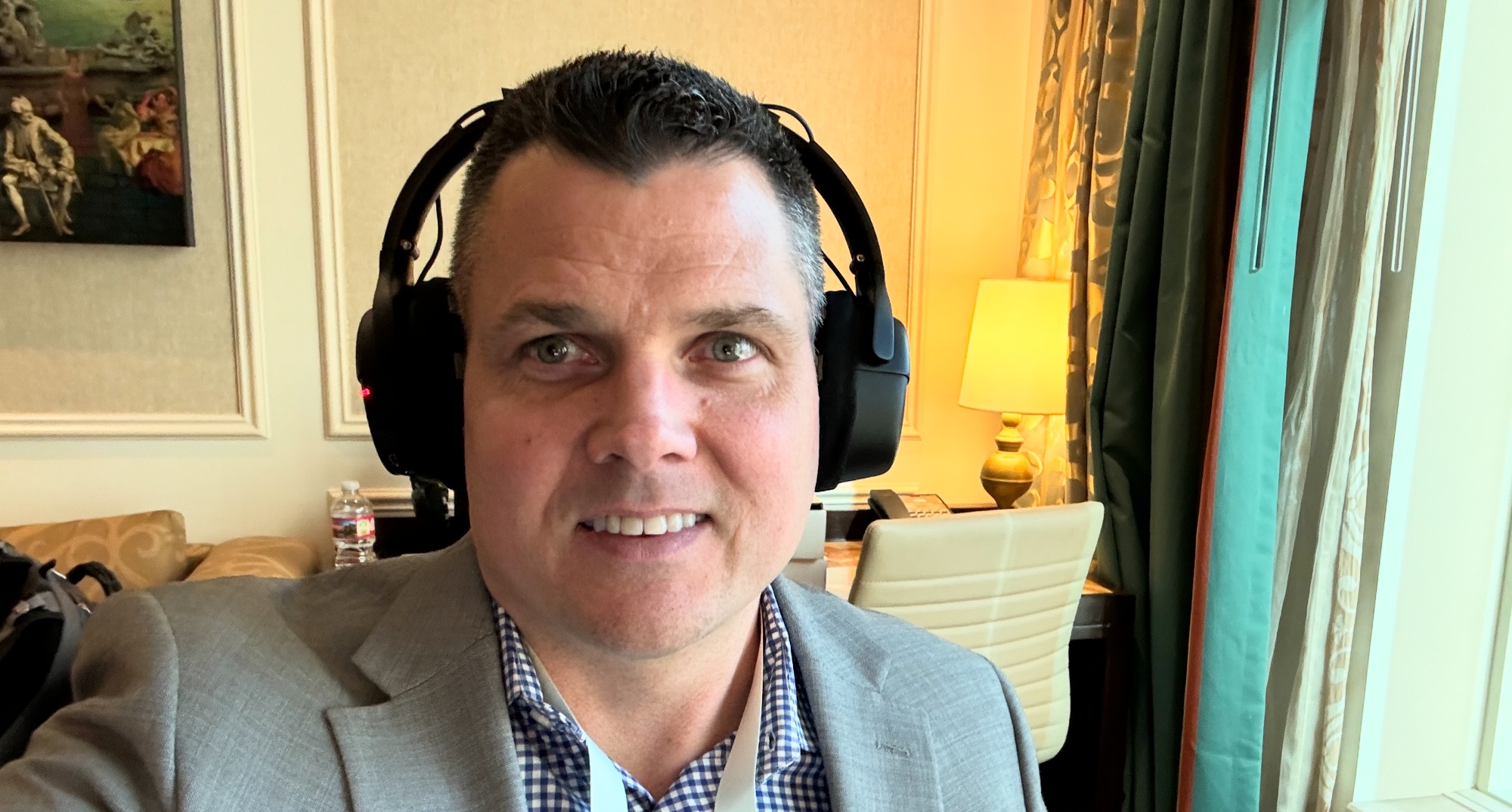
I really look forward to testing out the Master & Dynamic MW75-Neuro to see if they can come close to living up to the hype. Because if they do, they could really aid people's mental health while opening the door to lots of other practical use cases that would save us a ton of time and potentially transform computing.
Visit our CES 2024 hub for all the latest news from the show. And be sure to check out our Best of CES 2024 awards for the very best 23 gadgets and products coming your way.
Go to our Tom's Guide TikTok channel for all the newest videos from CES!
More from Tom's Guide
Mark Spoonauer is the global editor in chief of Tom's Guide and has covered technology for over 20 years. In addition to overseeing the direction of Tom's Guide, Mark specializes in covering all things mobile, having reviewed dozens of smartphones and other gadgets. He has spoken at key industry events and appears regularly on TV to discuss the latest trends, including Cheddar, Fox Business and other outlets. Mark was previously editor in chief of Laptop Mag, and his work has appeared in Wired, Popular Science and Inc. Follow him on Twitter at @mspoonauer.

